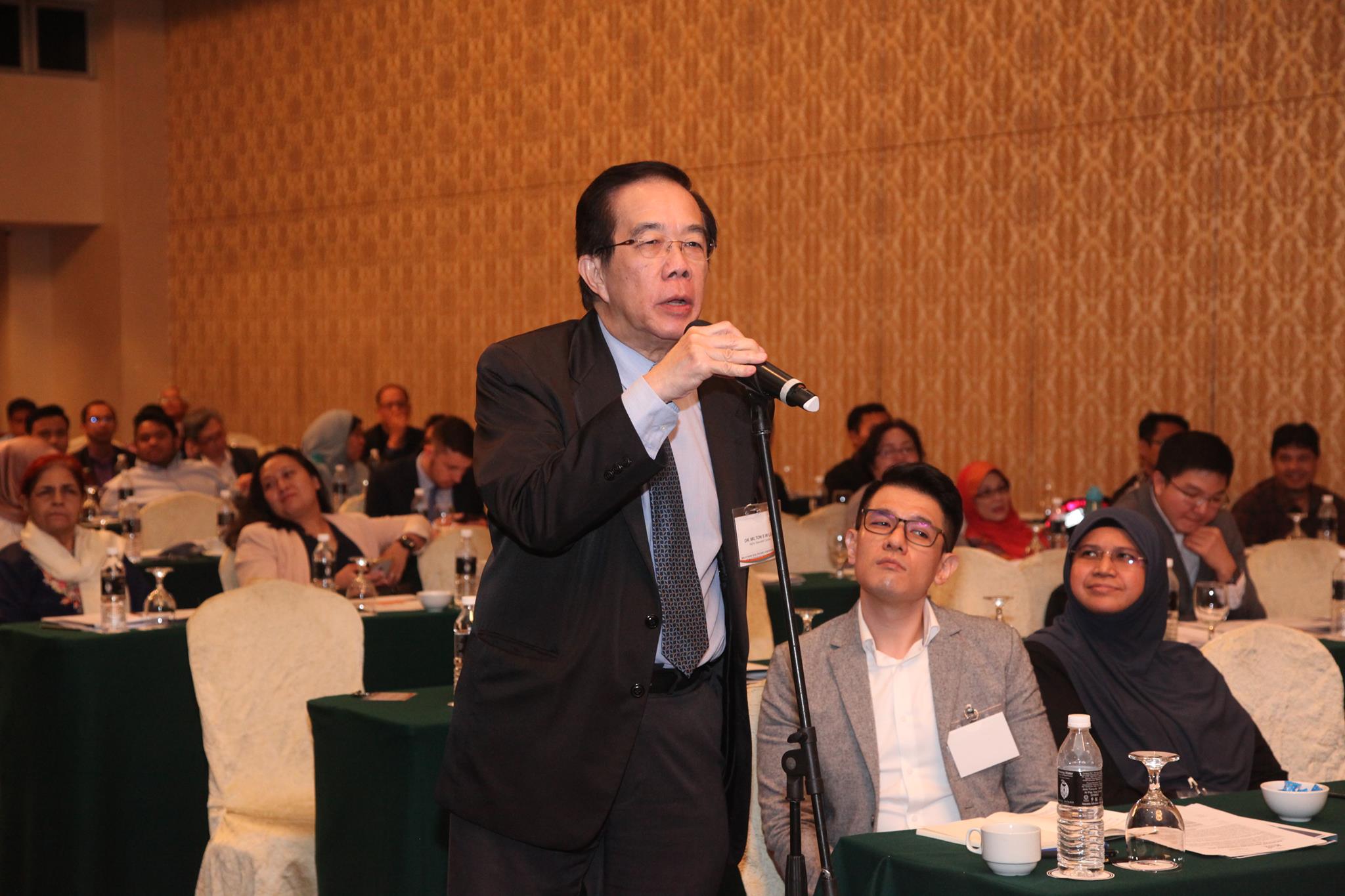KUALA LUMPUR, Sept 26 — Veteran physician Dr Milton Lum today called for the public release of the Ministry of Health’s (MOH) complete report on its internal inquiry into allegedly coercive birth control shots against Orang Asli women.
The former Malaysian Medical Association (MMA) president said Health Minister Dzulkefly Ahmad’s press statement yesterday — which denied claims that MOH officials had forced indigenous women in Hulu Perak, Perak, to take contraceptives — did not address the question on whether or not the Orang Asli were provided information about the considerations when choosing contraception and if they were counselled.
“The Health Minister is urged to disclose the full report. Adverse inference(s) are inevitable when the full report is not made available.
“As such, the jury is still out on whether there is substance to the allegation that there was coercion in contraception for some Orang Asli women,” Dr Lum said in a statement to CodeBlue.
Dr Lum said the absence of an external or independent inquiry affected the credibility of MOH’s internal investigation.
He also noted that Dzulkefly’s press statement on the results of the MOH inquiry contained no information on the investigating committee’s rationale for a case control approach; the method of selection of women from two villages as cases and controls; the differences in the numbers of cases (eight) and controls (20); the number of women who understood the objectives of contraception; Kelantanese Orang Asli women, particularly those who publicly complained of coercion in contraception; and the reasons for omitting indigenous women in Kelantan.
“The fundamental question in this matter is valid consent to treatment; the principles of which are the Rogers v Whitaker standard enunciated by the Federal Court in 2006,” said Dr Lum.
“What information was provided to the Orang Asli women prior to the prescription of contraception to them? Did they make an informed choice?”
Former Malaysian Medical Association (MMA) president Dr Milton Lum
The consultant obstetrician & gynaecologist stressed that considerations when choosing contraceptives should include accurate information about whether a woman or a partner want to become pregnant fairly soon, many months or years away, or not at all; how the woman and a partner want contraception to suit their lifestyle; whether a woman or a partner want to use the family planning method every day, every time they have sex or less often.
Other considerations include effectiveness in preventing pregnancy; ease of use; pros and cons of different contraceptive methods; side effects, including changes to usual periods; health issues that may limit some choices; benefits other than contraception; cost and availability; reversibility; and protection against sexually transmitted infections.
“The approach in this investigation raises fundamental questions about the validity of the findings claimed in the Minister’s press statement,” Dr Lum said.
“The counselling of a woman (and her partner) requires time and effort. It is challenging in urban settings, and more so in rural settings and among the Orang Asli, in particular those whose knowledge about health is limited.”
Dzulkefly’s statement yesterday said two of the complainants who publicly accused MOH officials of forcing birth control shots onto them were included in the internal inquiry, but no details were provided on their statements to the investigating committee.
Last July, Orang Asli women from the Temiar tribe in Hulu Perak presented a memorandum to the Orang Asli Development Department (Jakoa) in Parliament here, accusing health authorities of coercing them into taking birth control injections.
A Temiar villager from Gua Musang, Kelantan, also reportedly alleged that MOH officials who visited Orang Asli villages in mobile clinics had threatened women in her village to take birth control shots or pills, or have their medical cards confiscated.
Philip Alston, the UN Special Rapporteur on extreme poverty and human rights, said in a report on his visit to Malaysia last August that he met Orang Asli women who described an “appallingly authoritarian approach by health authorities”, including “several” women who alleged that they were forced to receive unwanted birth control injections or implants against their will.








